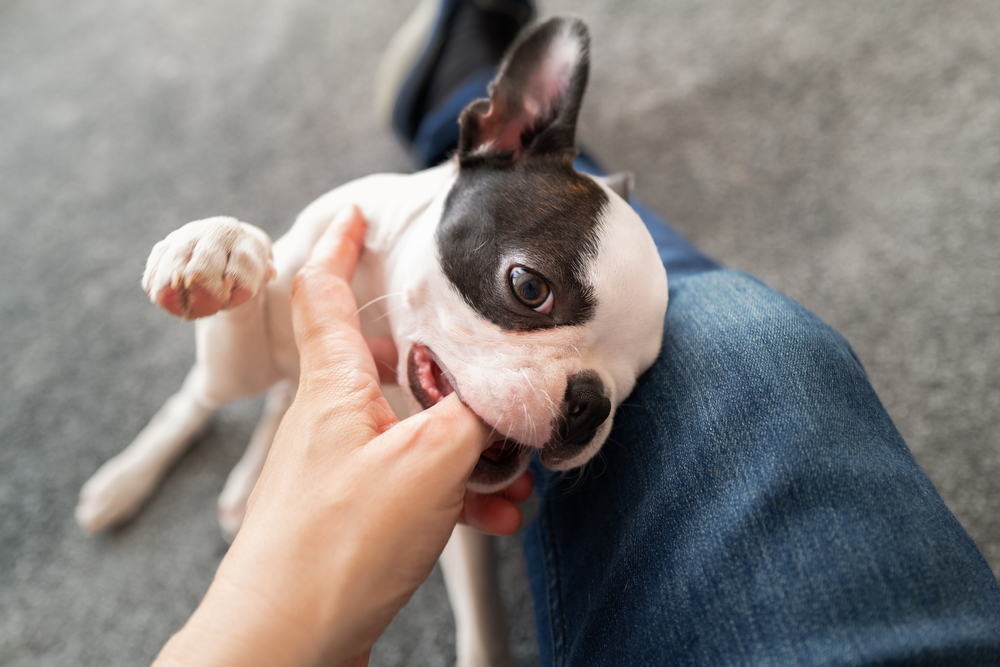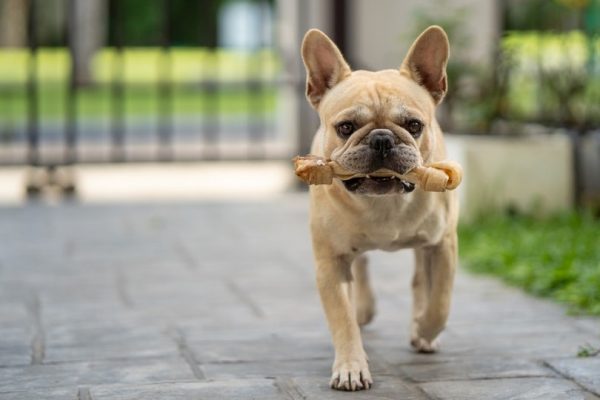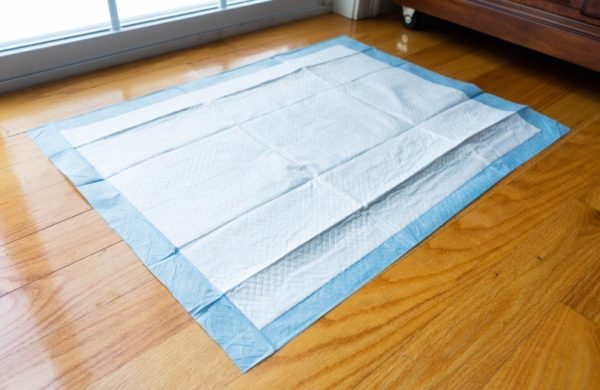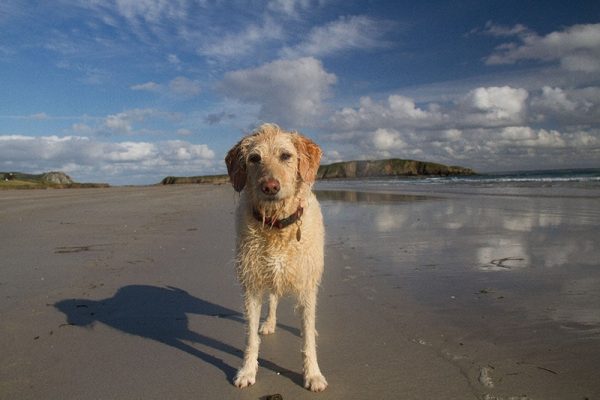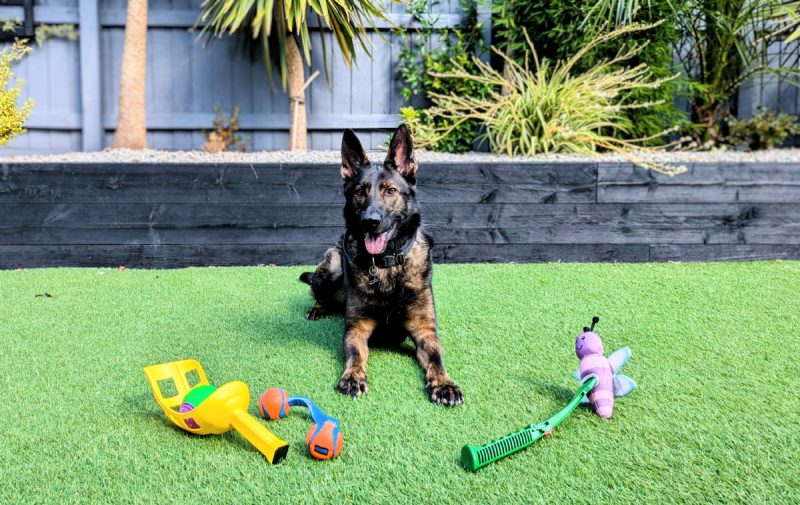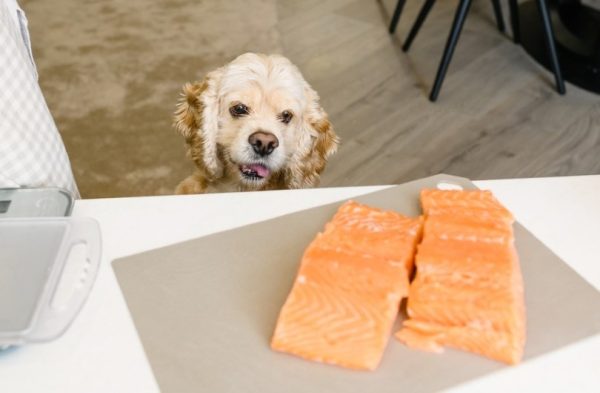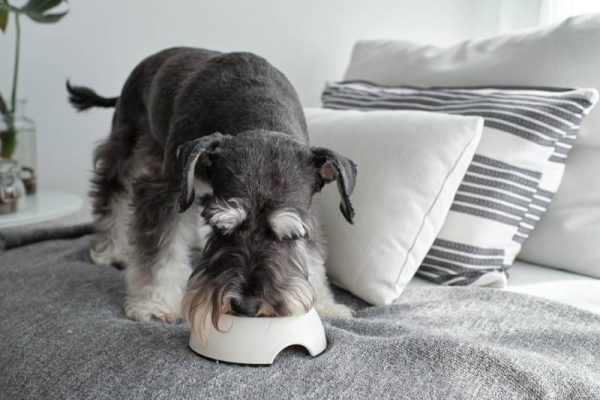Boston Terriers, also known as the “American Gentleman,” are adorable and spunky little dogs that are an absolute blast to have around. Incredibly intelligent (but a bit stubborn), these pups are known for their playful nature and high energy. If you’re considering getting one of these canines, you may wonder whether Boston Terriers bite.
Any dog can bite, but generally speaking, Boston Terriers are known for being friendly, so biting isn’t a common occurrence. However, during puppyhood, this breed can get a little mouthy, and many do go through a bit of a biting stage. This stage is one where they are exploring the world around them with their mouths by grabbing at things or trying to get your attention by giving you a little nip; they aren’t trying to be aggressive or malicious when they bite. These bites can still hurt, though, so you want to be sure you train your Boston Terrier out of the bitey phase.

The History of the Boston Terrier
The Boston Terrier originated as a crossbreed between the White English Terrier (which is now extinct) and the Bulldog. Surprisingly, this breed was originally used in blood sports in 19th-century England, mainly pit fighting. This breed made its way to America via a Boston Terrier named Judge, who was brought to the States by William O’Brien who sold him to Robert C. Hooper. Judge is the originator of the Boston Terrier breed we know and love today.
Judge was a large Boston Terrier, weighing in at 30 to 35 pounds, but years of selective breeding resulted in the smaller Boston Terrier we have today. And though this breed got their start in pit fights, they’ve been bred to be gentle companions since then.
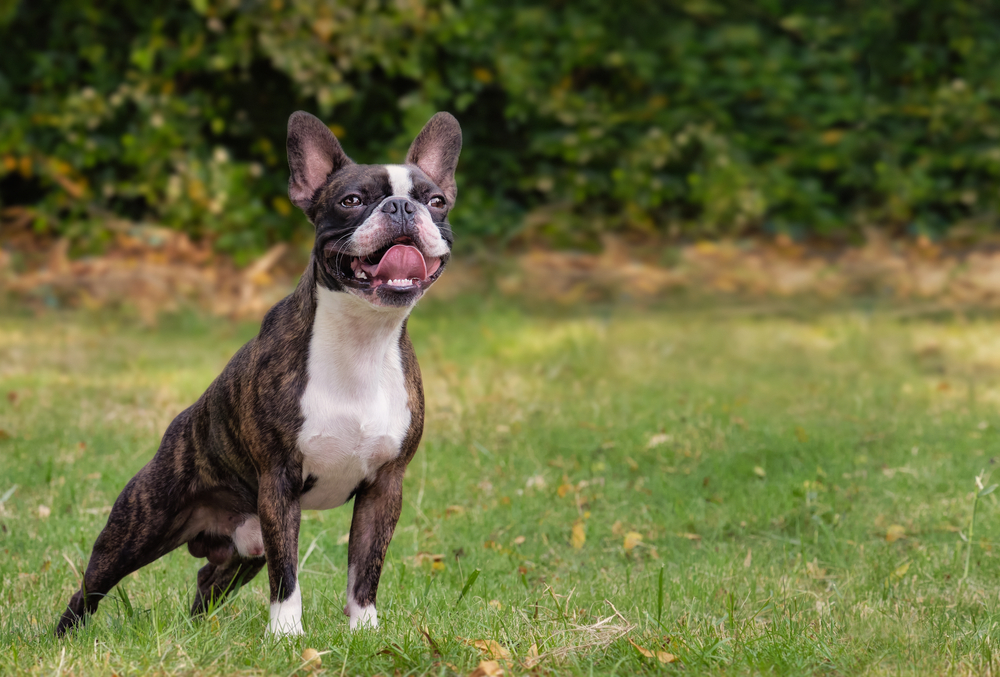
Why Would a Boston Terrier Bite?
Remember how we said Boston Terriers generally aren’t aggressive despite their background in blood sports? Well, they may not be aggressive most of the time, but any dog can bite given the right circumstances. Things that could lead to your Boston Terrier becoming biting include:
- Lack of bite inhibition: Puppies learn to regulate their bites from their litter mates and human family members. Puppies removed too early from their mother or raised as orphans often lack bite inhibition. Similarly, if they are encouraged to bite as a game, they will continue to do so in adult life.
- Resource guarding: Boston Terriers can guard people, food, and toys as precious resources they don’t want others to take away.
- Poor early socialization: If not exposed to a variety of situations early in life Boston Terriers can become fearful of new situations, which can lead to aggression.
- Painful diseases: Arthritis, intervertebral disc disease, and other painful conditions can lead Boston Terriers to bite when touched, as a result of the pain.
- Sexual behavior: Unneutered male and female dogs can become aggressive towards others, especially of the same sex. Mother dogs may also aggressively protect their offspring.
- Fear and abuse: Bad experiences can lead to any dog becoming aggressive. Everyone should handle a Boston Terrier with respect and kindness. Young children should be taught how to approach dogs.
How to Stop a Boston Terrier From Biting
The best time to stop a Boston Terrier from biting is before they really begin. When your puppy starts going through the stage where they use their mouth for play or getting your attention, you need to begin training them out of the behavior. It might be cute when your itty-bitty puppy gives you a nip because they want love, but it will be far less cute (and more painful) when a full-grown Boston Terrier does the same. But how can you prevent a Boston Terrier from biting?
- Yelp when your Boston Terrier puppy bites too hard. This is a communication they understand and it will let them know their bite has hurt you.
- Redirect any biting onto a toy, and never make a game out of a puppy biting you.
- End the game and don’t give your pup any attention if they bite.
- Socialize your puppy before the age of 14 weeks. Talk to your veterinarian about the best ways to socialize your Boston Terrier but in general, they should meet 5-10 new people and be in one new place every week. Keep their early experiences positive to build their confidence.
- Get your puppy used to gentle handling and grooming while they are young.
- Teach children to handle your Boston Terrier with gentleness and respect.
- Never force your dog to compete for essential resources. Avoid taking food from them unless absolutely necessary, say for toxic foods.
- For adult dogs that bite seek help from a veterinarian or dog behaviorist.
If you need to speak with a vet but can't get to one, head over to PangoVet. It's our online service where you can talk to a vet online and get the advice you need for your pet — all at an affordable price!
What’s suitable for your dog to bite? Chew toys! Investing in good, durable, puppy-safe chew toys will go a long way in helping your dog learn where their teeth should be used. Chew toys are particularly important when a dog is teething; otherwise, they could end up trying to gnaw on you or household items.
Regardless of the method you use to train your dog, you should remember to only use positive reinforcement and to stay patient. Boston Terriers are smart, but puppies may still take a while to figure out what is safe to chew or bite on and what is not.
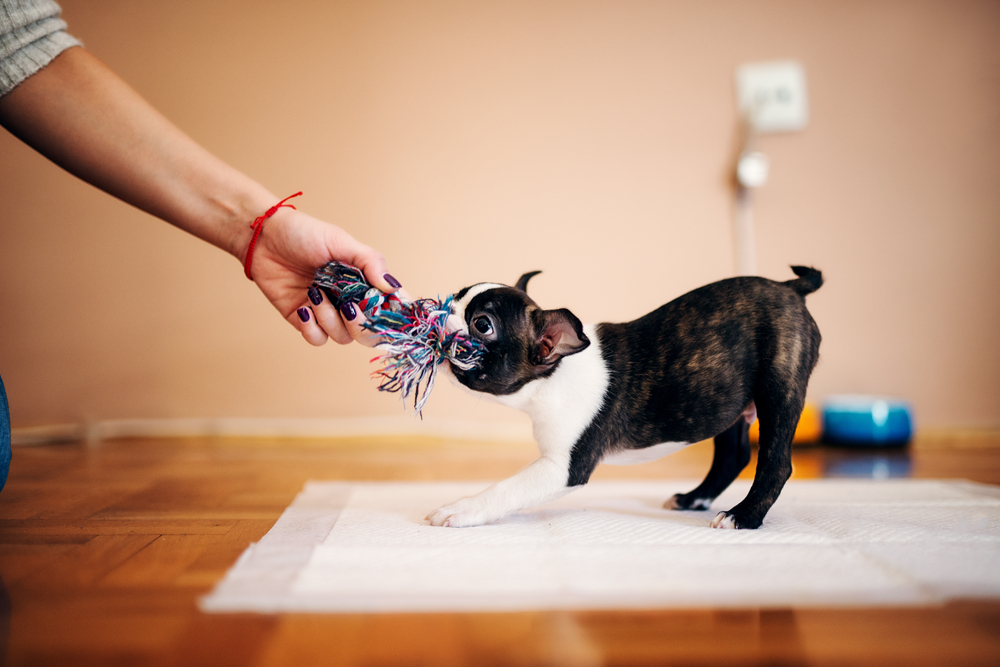

Final Thoughts
Boston Terriers aren’t generally aggressive, but any dog has the potential to bite. Many Boston Terrier puppies go through a phase where they may bite or grab things with their teeth. When this phase begins, you’ll want to start training them immediately out of the behavior so it doesn’t grow with them until adulthood. So, invest in some heavy-duty chew toys and redirect your pup’s attention to those when they get nibbly!
Featured Image Credit: Christine Bird, Shutterstock
